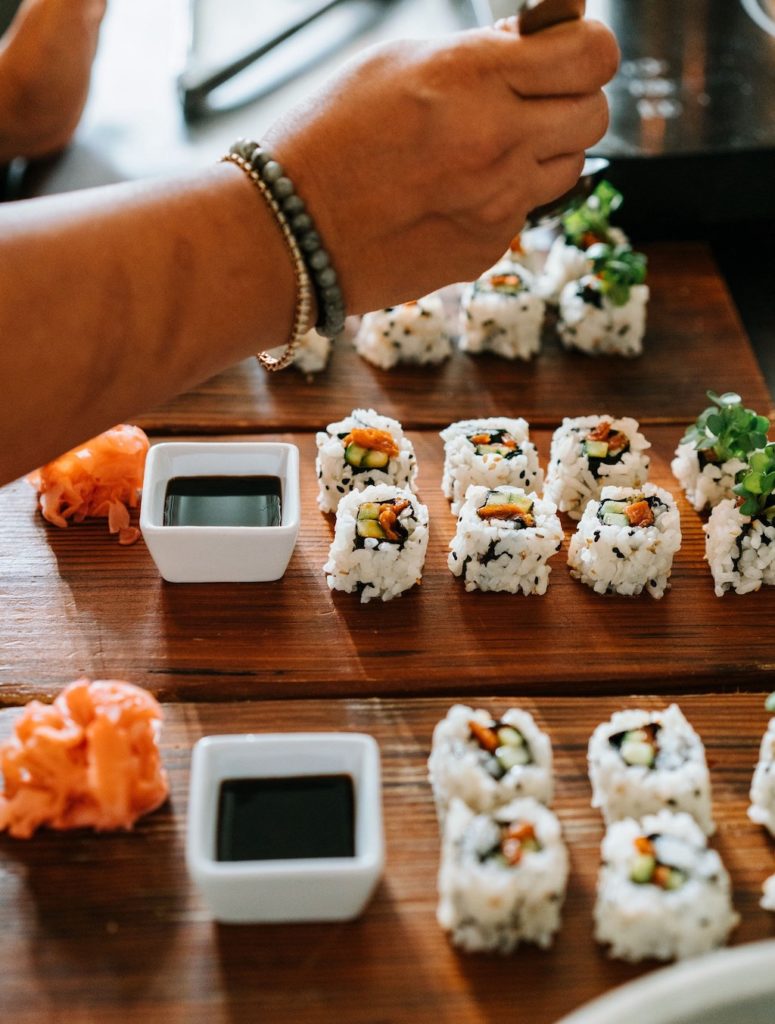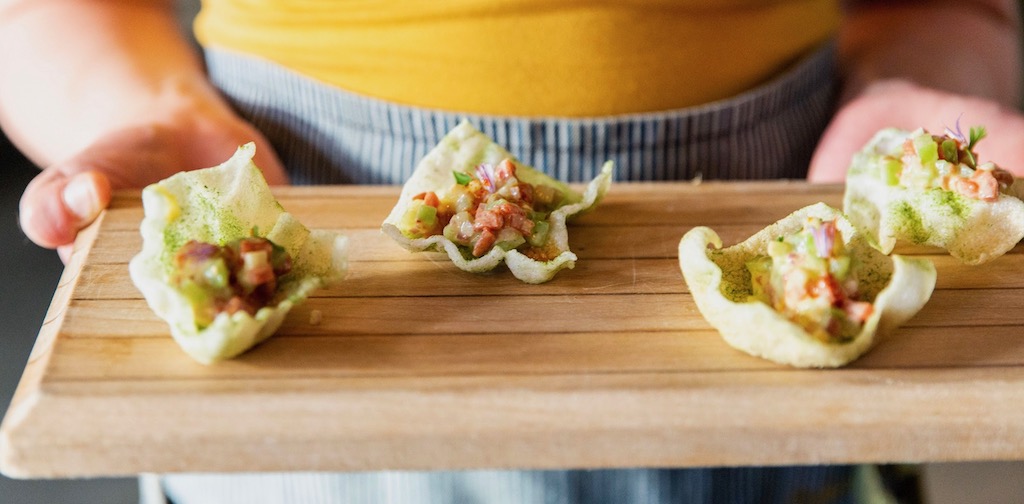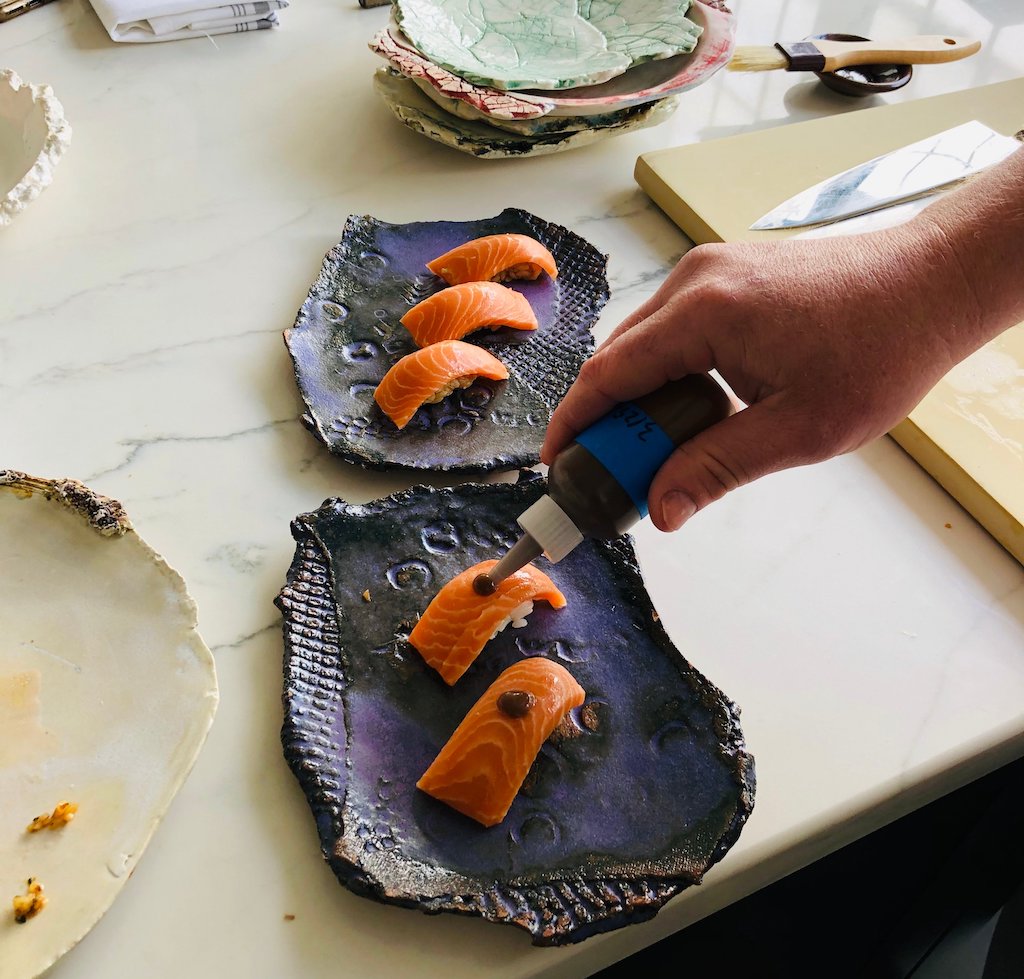3 Mins Read
San Francisco startup Wildtype has announced distribution deals with U.S.-based sushi bar franchiser Snowfox and poké chain Pokéworks. The former operates in-store sushi bars at over 1,230 grocery store locations throughout the country, while Pokéworks currently has 65 outlets with plans to grow to more than 100 by 2023. Commercial rollout is dependent on regulatory approval for cultivated seafood products. There is no anticipated time scale for this as yet.
Earlier this year, Wildtype announced it had completed construction of a pilot plant. Located in San Francisco, the unit houses production facilities, a tasting space, and an educational setting.
Currently, the production area is able to manufacture up to 50,000 pounds of cultivated seafood per year. Maximum capacity is thought to be 200,000 pounds, once processes are streamlined. The facility has been designed to educate interested consumers about cultivated seafood and its benefits. The new Wildtype distribution agreements will allow everybody to get a taste of cruelty-free salmon.

Products for everyone
Wildtype’s distribution plans aim to make future foods accessible to everybody. Cultivated meat has continued to stumble due to high production costs. Though companies such as Future Meat are focussed on bringing the price down, parity with regular meat is still unconfirmed. It is widely earmarked for distribution in high-end restaurants too, which puts it out of reach of certain demographics. In contrast, Wildtype has pledged to bring its salmon to the masses. Hence grocery store sushi bars and restaurants have been selected.
“What Wildtype is doing has the potential to lead the food business toward a completely different value chain,” Snowfox CEO Stacy Kwon said in a statement. “Snowfox is proud to partner with Wildtype and support the company’s scientific breakthrough.” Snowfox claims to be committed to offering consumers healthy food options. Adding sustainability into the mix via cultivated salmon is an on-brand diversification.
“Once we launch Wildtype sushi in grocery stores, there is no room for stock outs, missed deliveries, or quality issues, and so our pilot production process needs to be fully stress-tested before we can move up in scale,” said Wildtype co-founder Justin Kolbeck, when discussing the completion of the company’s pilot plant. “We’re rising to this challenge and are excited to introduce our products to the public very soon.”

Waiting for approval
As yet, there is no regulatory framework for cultivated seafood in the United States. Wildtype has been working collaboratively with relevant regulatory bodies since 2019 to help speed up the process. There is no foretelling of an anticipated completion date. However, the publication of data collated by Oceana has the potential to spur the issue on. The U.S. was identified as one of the biggest financiers of global overfishing. Cultivated seafood offers an alternative to harmful practices.
At present, only Singapore has granted regulatory approval for the production and sale of cultivated products. Eat Just’s chicken bites were given the go-ahead a year ago, in a momentous victory for the industry. Earlier this month the company revealed more approvals, for a wider portfolio of cultivated chicken products. As yet, no other countries have completed their frameworks for approval.
The U.S. being slow off the mark delays companies such as Wildtype from making tangible progress. It also perpetuates consumer suspicion about new sustainable alternatives.
All images courtesy of Wildtype.




